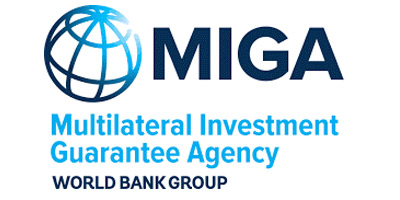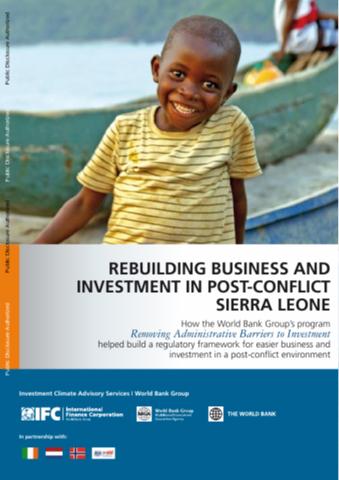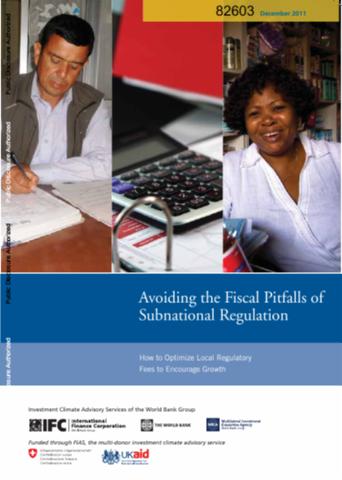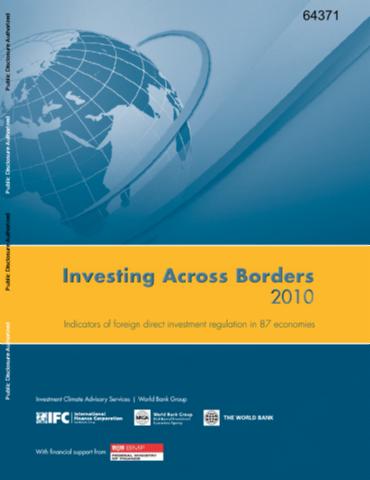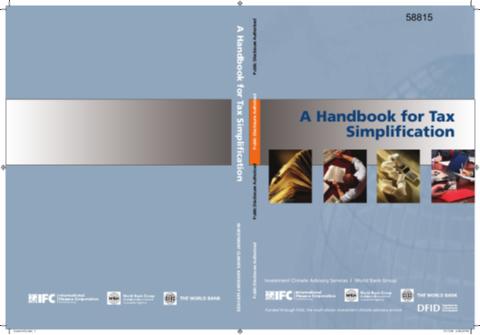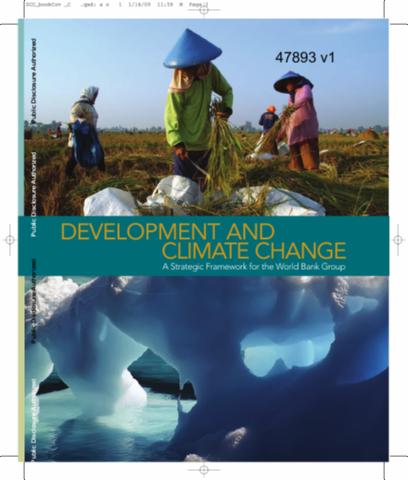Location
The World Bank is a vital source of financial and technic
MIGA is a member of the World Bank Group. Our mission is to promote foreign direct investment (FDI) intodeveloping countries to help support economic growth, reduce poverty, and improve people's lives...
Our strategy
At the center of MIGA’s new FY18-20 strategy are three elements:
- A re-affirmed focus on the poorest through support for projects in IDA countries
- A continuing emphasis on Fragile and Conflict-affected States, where MIGA has opportunity to have impact where private PRI insurers are unwilling to go, and
- An expanded commitment to climate change mitigation and adaptation, targeting 28% of new issuance related to climate change mitigation or adaptation in 2020.
Understanding that MIGA’s impact is correlated with the size of its issuance growth, MIGA aims to continue its ambitious trajectory of expansion, targeting issuance growth of 40% between FY16 and FY20. If achieved, MIGA’s FY20 issuance would be four-fold what it was ten years prior and more than double what it was in FY13, despite more than five consecutive years of declining emerging market FDI flows.
To deliver on these targets, MIGA’s FY18-20 strategy has four pillars: - Grow core business: MIGA will enable new investments across sectors and regions through building on past efforts to improve operations and delivery in current segments
- Innovate applications: MIGA will continue to create new ways of using its suite of products to create impact, especially through the use of new vehicles, including the IDA 18 Private Sector Window
- Create projects for impact: MIGA will develop, structure and launch new projects by playing a proactive role early in the pipeline through working with governments, state-owned enterprises, and investors
- Create markets: MIGA will drive comprehensive country solutions and spur private sector investment and development by working as part of the WBG’s Cascade Approach
Click here to read our strategy for fiscal years 2018-2020.
As a multilateral development agency, MIGA only supports investments that are developmentally sound and meet high social and environmental standards. MIGA applies a comprehensive set of social and environmental performance standards to all projects and offers extensive expertise in working with investors to ensure compliance to these standards.
Our products
We fulfill our mission by providing political risk insurance guarantees to private sector investors and lenders. MIGA’s guarantees protect investments against-non-commercial risks and can help investors obtain access to funding sources with improved financial terms and conditions. Our unique strength is derived from our standing as a member of the World Bank Group and our structure as an international organization with our shareholders including most countries of the world. Since our inception in 1988, MIGA has issued more than $28 billion in political risk insurance for projects in a wide variety of sectors, covering all regions of the world.
Members:
Resources
Displaying 1 - 5 of 6Rebuilding Business and Investment in Post-Conflict Sierra Leone
Sierra Leone’s devastating 11-year civil war destroyed much of its infrastructure, and left its economy in tatters. In 2004, two years after the end of the war, Sierra Leone asked the investment climate (IC) advisory services of the World Bank Group to help create a better business and investment climate that will lay a foundation for the country’s future economic growth.
Avoiding the Fiscal Pitfalls of Subnational Regulation
Since investment climate reforms in developing countries started gaining traction in the 1990s, most efforts have focused on issues at the national level, achieving varying degrees of success for reasons that are relatively well understood. This handbook provides an overview of efforts and achievements in subnational investment climate reforms. It is organized as follows. Chapter 2 reviews a number of countries experiences with subnational reforms, noting both success stories and disappointments and pointing toward lessons learned.
Investing across Borders 2010
Investing Across Borders 2010 (IAB) presents cross-country indicators analyzing laws, regulations, and practices affecting foreign direct investment (FDI) in 87 economies. The indicators focus on 4 thematic areas measuring how foreign companies invest across sectors, start local businesses, access industrial land, and arbitrate commercial disputes. The indicators combine analysis of laws and regulations, as well as their implementation.
A Handbook for Tax Simplification
The purpose of this handbook is to provide policy makers with a framework to assess a tax system in its entirety, measure its various parameters and how it is administered, and defines best practices for tax policy and administration that will yield a tax system that is simple and predictable and does not create an undue burden on private enterprise. This handbook is primarily designed for policy makers and tax practitioners. The goal is to analyze the impact of income tax, the value added tax (VAT), and other local taxes that are imposed on business.
Development and Climate Change
This strategic framework serves to guide and support the operational response of the World Bank Group (WBG) to new development challenges posed by global climate change. Unabated, climate change threatens to reverse hard-earned development gains. The poorest countries and communities will suffer the earliest and the most. Yet they depend on actions by other nations, developed and developing. While climate change is an added cost and risk to development, a well-designed and implemented global climate policy can also bring new economic opportunities to developing countries.

